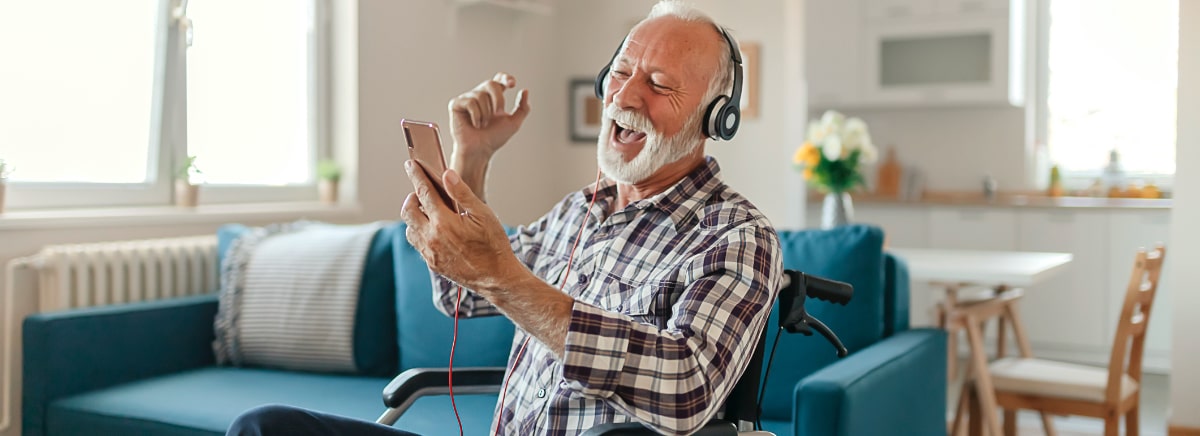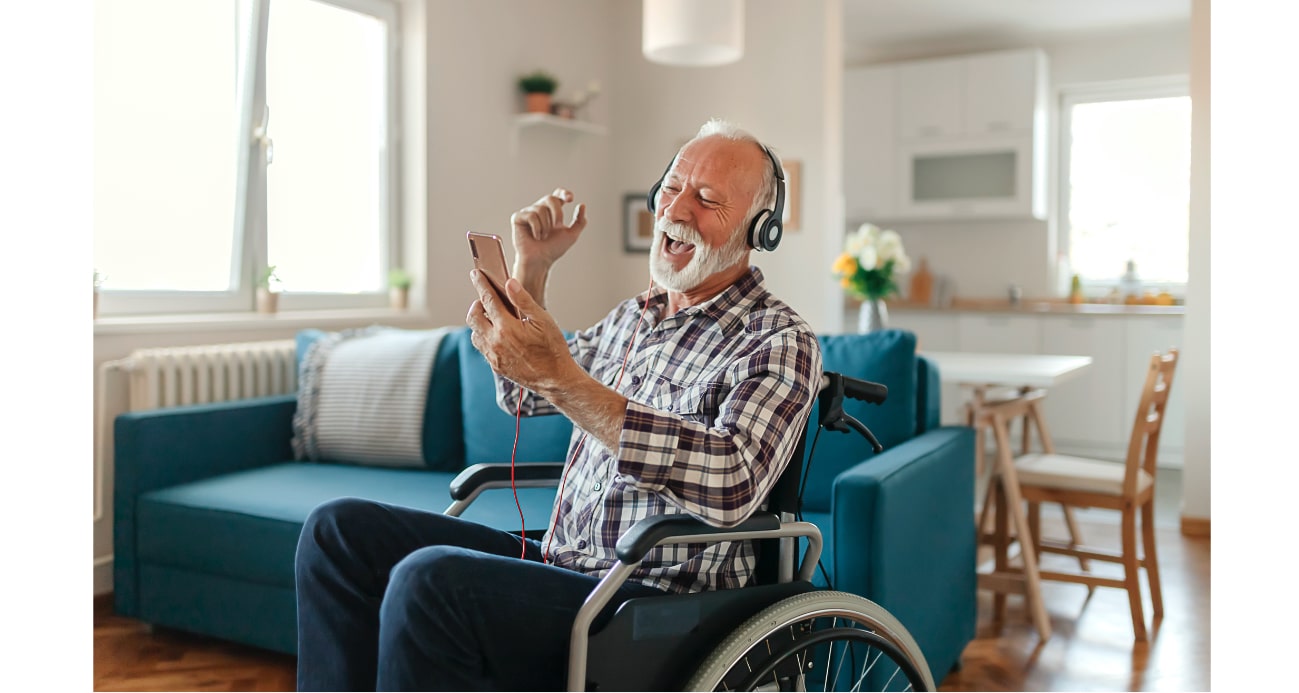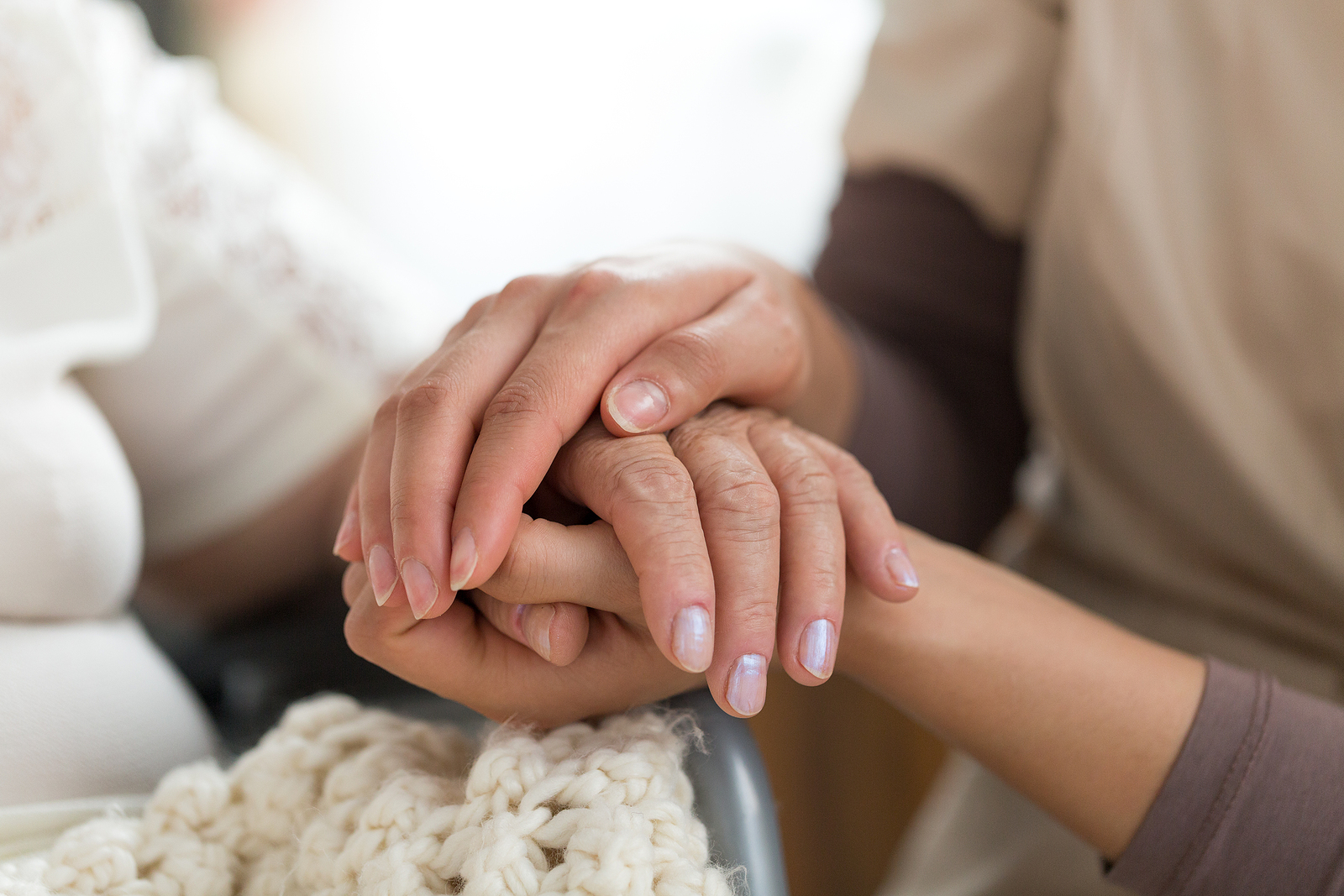The sensation of touch, or tactile function, is an important but frequently overlooked part of human health. For older adults, general brain health and quality of life depend on preserving and enhancing tactile function. With elder care by their side, along with the support of loved ones, seniors can better understand the significance of tactile function, its effects on brain health, and strategies to improve their tactile skills.
Understanding Tactile Function
The capacity to sense pressure, warmth, and texture through the skin is known as tactile function. The brain processes this sensory information, enabling seniors to successfully interact with their surroundings. Tactile function can deteriorate with aging, resulting in decreased sensitivity and an increased chance of burns, wounds, and falls.
The Relationship Between Brain Health and Tactile Function
There is a close relationship between the brain and the senses. Touch stimulation activates several parts of the brain, supporting cognitive processes like problem-solving, memory, and attention. According to research, preserving tactile function can support mental health and activity. On the other hand, a reduction in tactile function may result in less brain stimulation, which may increase cognitive loss.
The Significance of Tactile Function in Senior Cognitive Stimulation
By keeping the brain active, regular tactile stimulation can support the maintenance of cognitive skills. This benefits seniors in the following ways:
- Safety: By assisting seniors in identifying and responding to environmental threats, improved tactile function lowers the chance of accidents.
- Emotional Well-Being: By fostering a sense of connection and reducing feelings of isolation, physical touch and tactile involvement can improve emotional health.
- Independence: Seniors can continue to be independent because of improved tactile sensitivity, which helps them better handle daily tasks.
How to Boost Tactile Function in Seniors
Any age can benefit from consistent practice and touch-stimulating activities to improve their tactile function. The following are some practical strategies that elder care can introduce to help seniors improve their tactile abilities:
- Hand Exercises: Seniors can enhance their hand sensitivity and strength by performing basic exercises like rolling a small ball between their fingers, squeezing a stress ball, or using therapy putty. These exercises can also help improve their grip strength.
- Try Different Textures: Seniors can activate their sense of touch and improve their sensory perception by experimenting with different textures through gardening, clay modeling, or the use of tactile boards.
- Massage Therapy: Frequent massage therapy can enhance tactile sensitivity, loosen tense muscles, and improve circulation. Additionally, touch can offer psychological and emotional benefits.
- Mindful Touch Practices: Touch can be a useful tool for promoting mindfulness. To increase tactile awareness, seniors should engage in activities such as touching materials, feeling the water’s temperature, or focusing on feelings while going about daily tasks.
- Utilize Technology: A variety of apps and devices are available to enhance tactile function, such as those that work to improve hand-eye coordination.
- Remain Physically Active: Engaging in regular physical activities, such as yoga, tai chi, or swimming, improves touch perception among other senses and helps seniors maintain general health.
- Social Interaction: Dancing, handshakes, and hugs are examples of social activities that require contact and can improve tactile function as well as offer emotional comfort.
With the help of loved ones and elder care, seniors can maintain their cognitive abilities and enhance their sense of touch by engaging in tactile exercises, interacting with various textures, and maintaining social activities.
Sources:
https://www.nia.nih.gov/health/brain-health/cognitive-health-and-older-adults
https://www.frontiersin.org/journals/human-neuroscience/articles/10.3389/fnhum.2017.00368/full
https://www.ncoa.org/adviser/hearing-aids/supporting-sensory-wellness
If you or an aging loved one is considering elder care in Sedalia, CO, please contact the caring staff at SYNERGY Home Care of Parker. 303-953-9924


